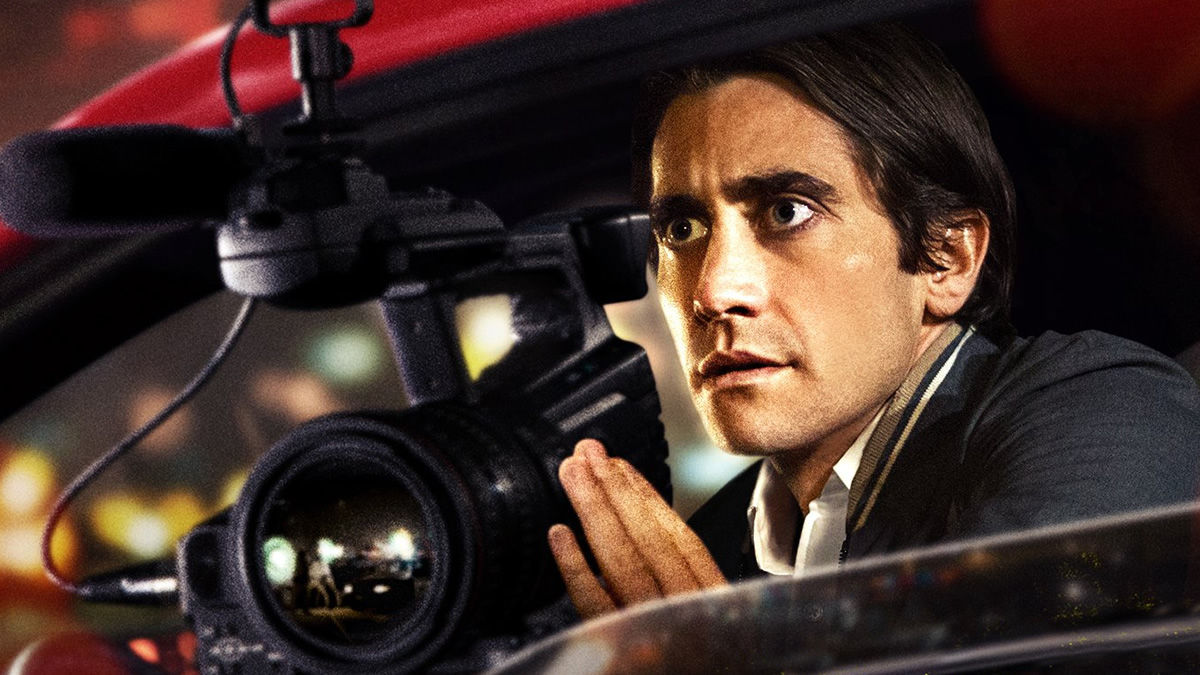In its opening moments, ‘Nightcrawler’ introduces its twisted protagonist, Lou, who ruthlessly assaults a guard and then steals his expensive watch. Towards the end, he proudly sports the same watch and walks out of a police station, unscathed, even after being heavily interrogated. This narrative parallel between the two scenes perfectly sums up all the themes of the movie surrounding Lou’s sociopathic tendencies and the living embodiment of capitalism that he eventually becomes.
Dan Gilroy’s directorial debut, ‘Nightcrawler,’ is unintentionally funny, effectively gritty, and replete with allegories to the real world. So if you have already watched the film and you’re looking for a breakdown of its multi-layered premise, read on further.
Plot Summary
‘Nightcrawler’ centers on Louis “Lou” Bloom, a deranged loner who survives off stealing in Los Angeles but struggles to find a legit job. Then, one night, he almost fatefully ends up at the site of an awful car crash where he meets a group of stringers, who passionately talk about selling their recorded footage to news channels. Lou is hooked, and for him, all it takes is a brief moment of introspection to realize that this could be his true calling.
With an amateur camera that he gets from a pawn shop, Lou starts his journey as a stringer. To further grow in his profession, he even establishes a mutualistic relationship with a news director named Nina Romina and promises to get her the best footage of crime scenes. With what follows, as he makes more progress as a stringer, Lou relentlessly crosses all moral boundaries to climb the corporate ladder and make a name for himself. And not even once does he fall prey to the consequences of his heinous actions.
The Ending
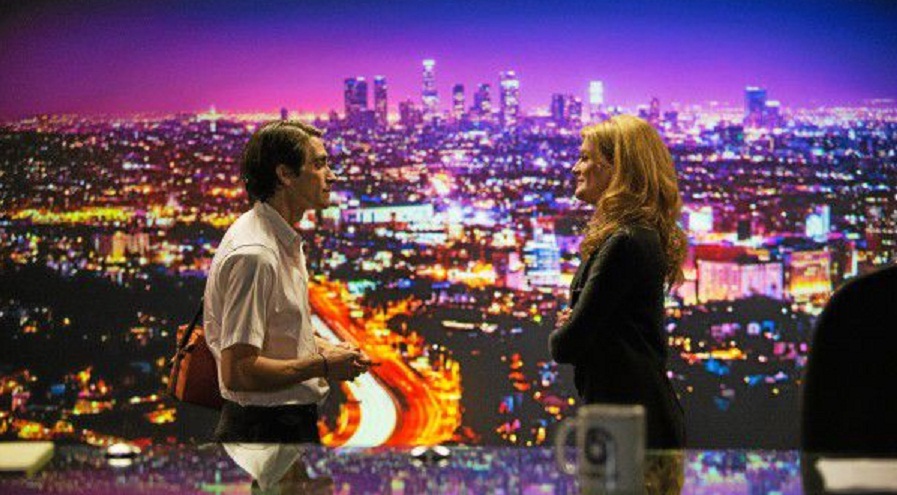
Lou’s perseverance pays off when he and Rick arrive at a triple homicide home invasion much before the cops. Lou captures everything from the license plate of the criminals to the dead victims of the house. He then purposefully removes sections of the footage that reveal the identity of the criminals and then takes it to Nina. Using the license plate as a cue, Lou and Rick track down the two criminals and follow them to a nearby restaurant. Once they are done setting up their cameras, Lou calls the police and tells them that he has his eyes set on the perpetrators of the triple homicide.
When the cops arrive, a car chase ensues between them and the criminals while Lou records it all. Ultimately, in the high-speed pursuit, the SUV of the criminal crashes, and Lou gets the perfect opportunity to end his filming for the night. He sets up Rick by lying to him that the gunman in the SUV is dead, and that’s how Rick gets shot. While he takes his last few breaths, Lou shamelessly films him and then presents it to Nina. In the closing moments of the film, Nina surrenders herself to Lou’s mastery and proudly defends her right to feature the footage when the cops try to seize it as evidence. Even when Lou gets interrogated by the cops, he fabricates the perfect story, gets away with all of his wrongful acts, and then expands his business by hiring new interns.
The Inner Workings of a Sociopath
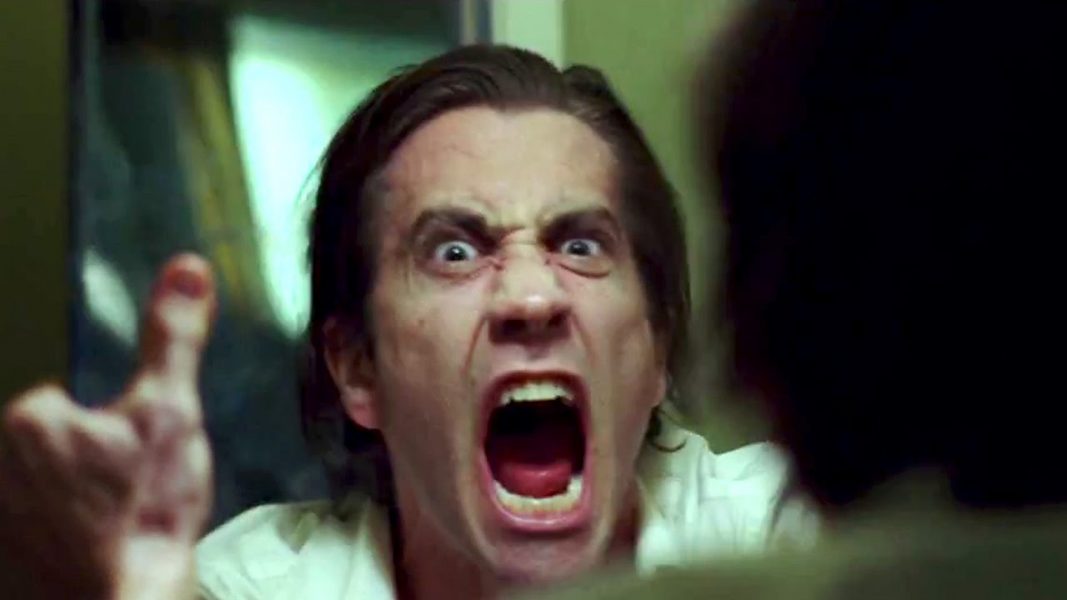
A one-dimensional view of the movie wouldn’t need any explanation at all. For a viewer, it becomes pretty evident that the film intends to explore the inner workings of Lou’s sociopathic mind. He lacks empathy, manipulates people for his own benefit, and is willing to do just about anything to get his entitled message across the table. The film storyline isn’t a cathartic journey where Lou slowly loses his morals to rise to the top. Instead, it’s more of an exploration, or I’d rather say a social simulation, of how a person like Lou would thrive in an industry that has its foundations resting on lies and slander.
In the opening scene itself, Lou brutally attacks a guard, steals his watch, and then supplies stolen metal parts to a construction site manager. This scene establishes that Lou never had a moral code, to begin with. All he wanted was the right opportunity to put his wrongful methods to good use, and he found that opportunity on a news channel that earns big bucks with half-cooked stories. That’s the reason why the news channel accepts him, while the construction site manager does not.
A Criticism of News Sensationalism
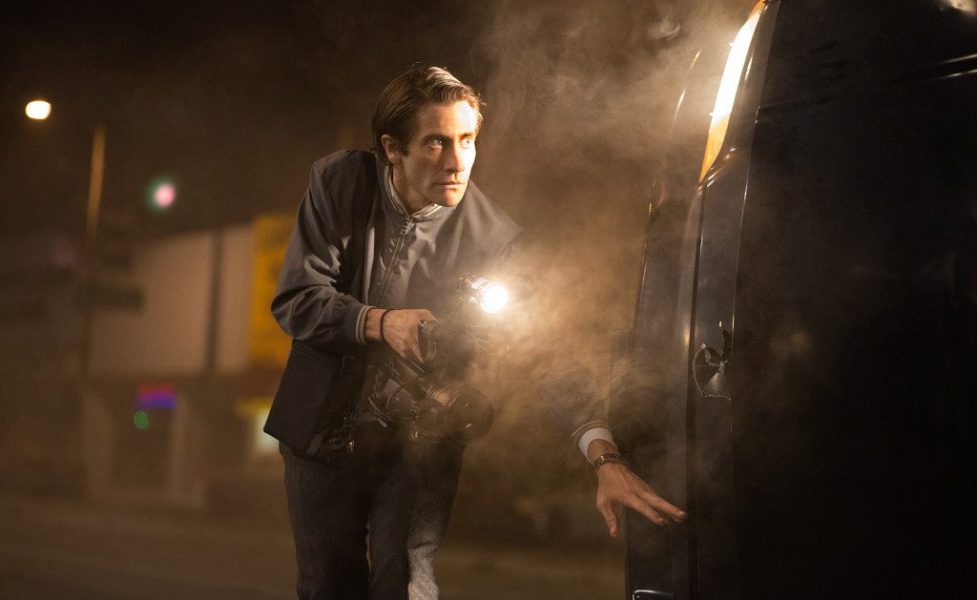
There’s a scene in the final moments of the movie in which Nina’s fellow journalist reports that the victims of the triple-homicide were hiding cocaine in their house. The criminals broke into their home only to steal those drugs. But Nina simply refuses to address this aspect of the story as it reduces the impact of the previously revealed story. Nina does this because she’s well aware that no one would care about a news report that talks about the lower class stealing from the criminal upper class. She knows that her primary viewership comes from the upper-middle or elite class, and news reports would only impact them if it made them feel like they were potential victims of it. And thus, she carefully reveals only parts of each story just to ensure that her viewers are satisfied.
Nina’s character alludes to today’s profit-driven news industry, where stories are often fabricated with layers of lies to garner a bigger viewership. However, along with this, the film also shows how this is an outcome of a symbiotic relationship between consumers and producers. People like Nina and Lou are just homo economicus beings who are supplying what is being demanded. To an extent, as viewers, instead of knowing the truth behind a story, we only prefer watching what we believe is right. For instance, it’s a common belief that the upper class is usually the victim of the crimes of the lower class. Due to this, just to avoid breaking the illusion, Nina prefers not to show a story where the upper-class people are criminals, while the lower class folks are the victims.
A Metaphor for Capitalism
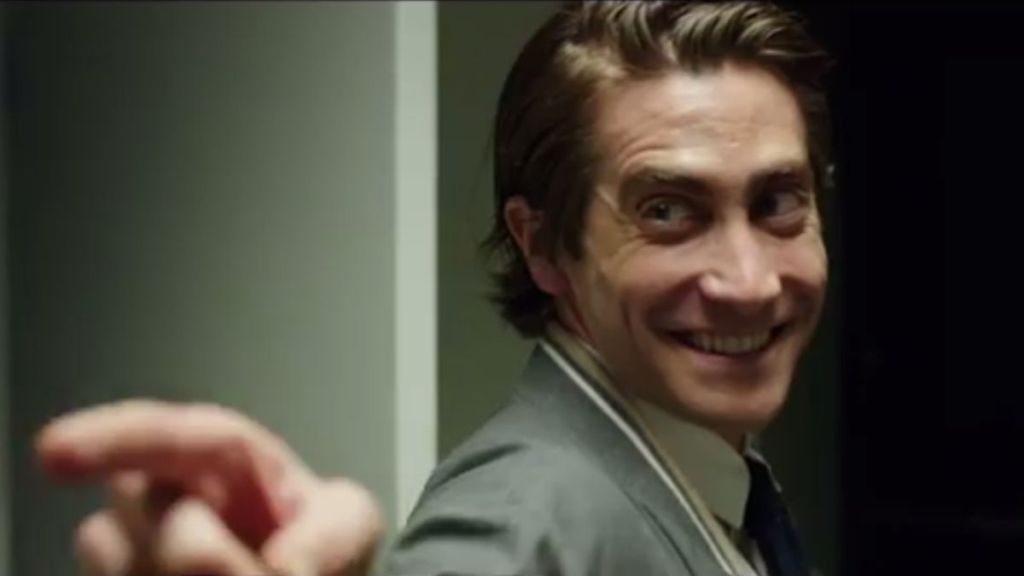
More than anything else, Lou’s character is a metaphor for capitalism. Think of Lou as an organization in the modern world. He purposefully targets poor and unprivileged people like Rick and exhaustively uses their desperation for his own good. He is willing to cross all moral boundaries just to be ahead of his competition. In fact, he feels no empathy at all when his competition dies. Lou also often contradicts his own beliefs. For instance, throughout the movie, he rambles about his motivational credos surrounding hard work. However, he himself contradicts these by looking for immoral shortcuts.
Even in the closing scene of the movie, he carefully hires interns all over again and promises them that if they perform well, they might also get future employment opportunities. However, knowing how things ended for Rick, we very well know that he’ll barely deliver that promise. “I will never ask you to do anything that I wouldn’t do myself,” he says, and he’s probably right. But his employees have no clue how far he’s willing to go just to be better than everyone else. Lou is nothing but capitalism, personified.
Read More: Where Was Nightcrawler Filmed?

